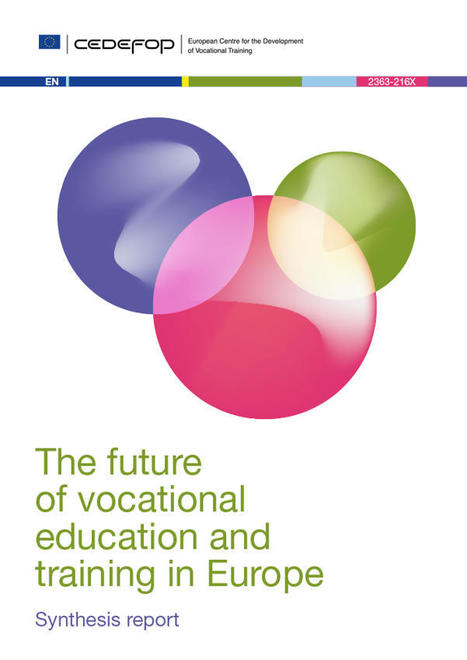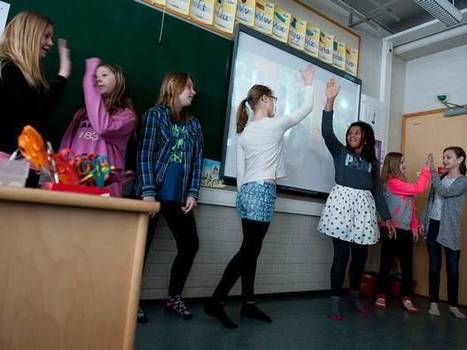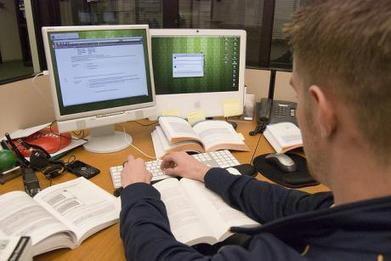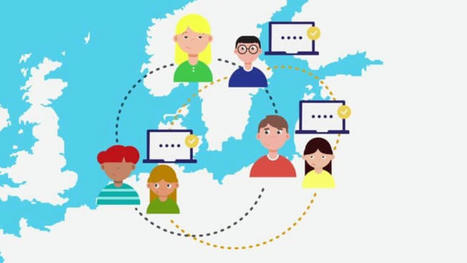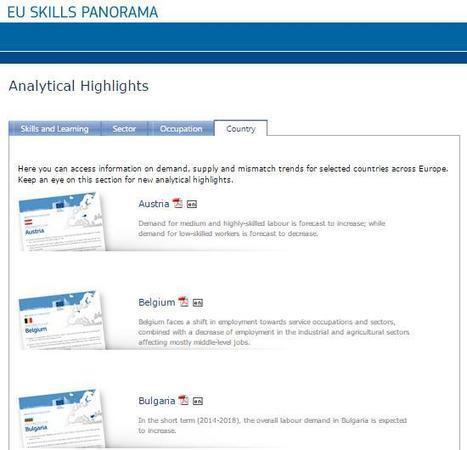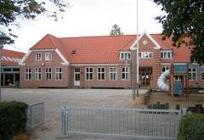The Future of VET study examined how vocational education and training (VET) has changed since the mid-1990s, and how this may influence future opportunities and challenges.
This synthesis report summarises 3 years of research involving researchers and VET experts across Europe, with discussion of findings on the content and delivery of VET, assessment practices, and the link between initial and continuing VET. In addition to connecting and synthesising the series of research papers and case studies already published, it features an analysis by country. The study provides important insights into how VET in Europe has developed over the past three decades, illustrating observed trends and developments, as well as tendencies of convergence between countries and systems.
The research has also shown that the development of VET does not necessarily form an unbroken chain leading in one direction but can be interrupted by changes of course and even reversals in policy and practice. The future of VET is still unwritten. This report aims to provide a stimulus for developing future research in this area.
Via Canadian Vocational Association / Association canadienne de la formation professionnelle, juandoming



 Your new post is loading...
Your new post is loading...

